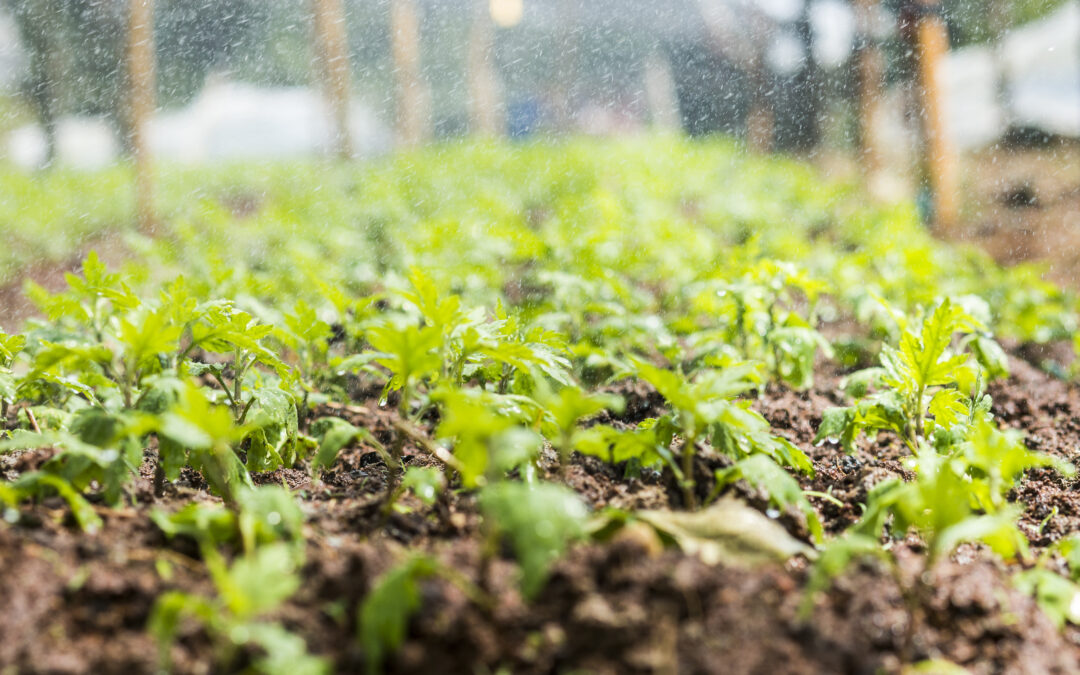Welcome to the world of organic gardening! Starting your own organic garden can be a fun and rewarding experience. In this guide, we will cover everything you need to know to get started with your very first organic garden.
Organic gardening is a method of growing plants without using synthetic fertilizers or pesticides. Instead, it relies on natural methods such as composting, crop rotation, and companion planting to keep plants healthy and productive. By choosing organic gardening, you are not only reducing your environmental impact but also ensuring that your produce is free from harmful chemicals.
The first step in starting an organic garden is selecting the right location and soil for your garden. Choose an area that receives at least six hours of sunlight per day and has well-draining soil. If your soil is poor quality, consider adding compost or other organic matter to improve its nutrient content.
Thank you for reading this post, don't forget to subscribe!
Once you have selected your site, it’s time to start seeds indoors. This allows you to get a head start on the growing season and ensure that your plants are strong and healthy before transplanting them outside. To start seeds indoors, choose a seed-starting mix and fill your containers with it. Plant your seeds according to the instructions on the packet, and keep them moist and warm until they germinate.
When it comes to growing vegetables in an organic garden, there are several tips to follow. Firstly, choose varieties that are suited to your climate and growing conditions. Secondly, make sure to space your plants properly to allow for good airflow and prevent disease. Thirdly, use companion planting to attract beneficial insects and deter pests.
Common pests and diseases in organic gardens include aphids, slugs, snails, and fungal diseases like powdery mildew. To control these problems, try using natural remedies such as neem oil, garlic spray, or baking soda solution.
Finally, when it’s time to harvest your homegrown produce, make sure to do so at the peak of ripeness. You can preserve your excess produce by canning, freezing, or dehydrating it.
In conclusion, starting your own organic garden can be both fulfilling and challenging. With the right knowledge and techniques, however, anyone can succeed in growing their own fresh, organic produce.





